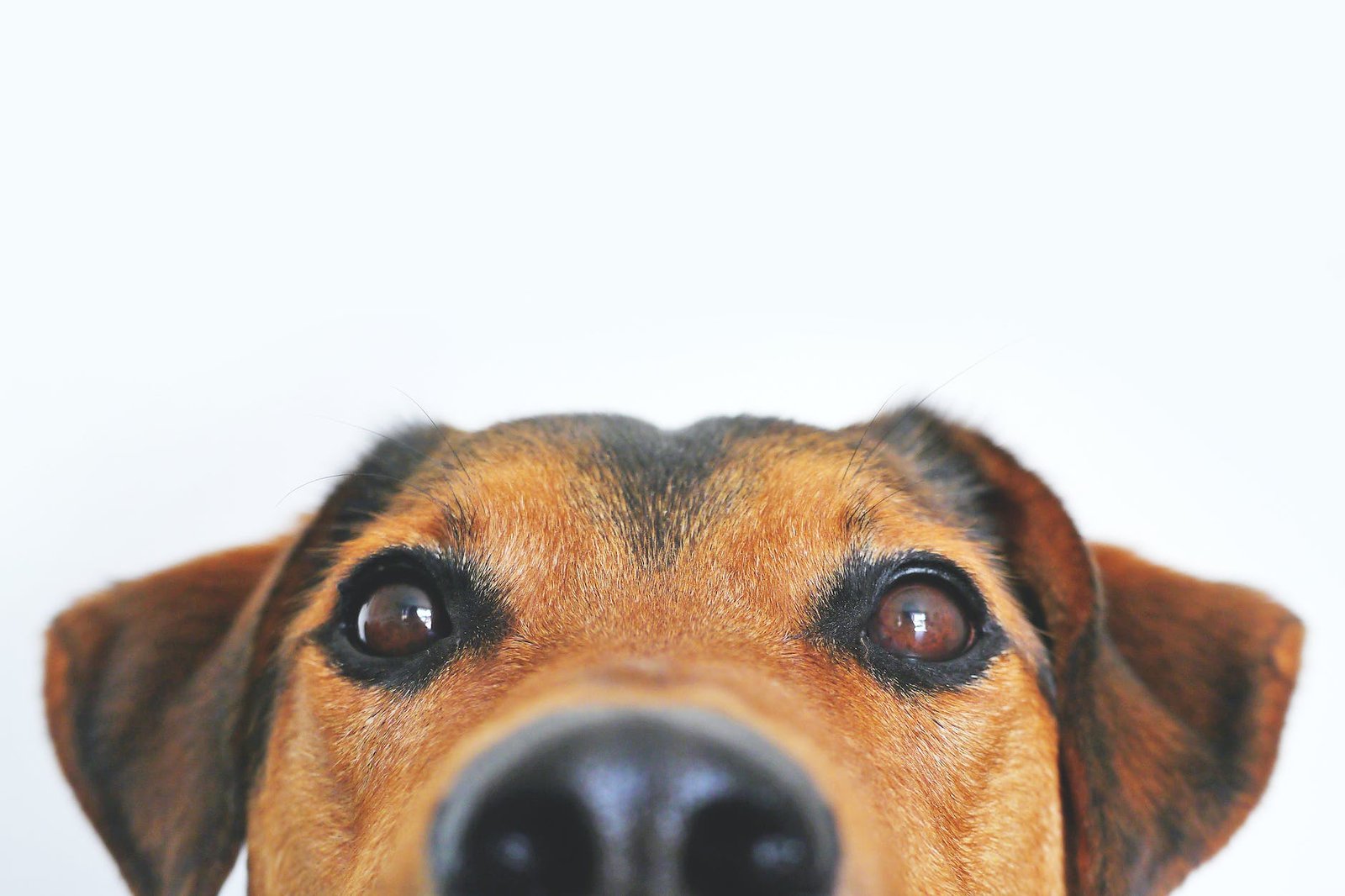Chocolate is an extremely popular dessert, but if you were thinking of sharing your treats with your pet, it would be better to refrain from it.
If you already knew that chocolate was bad for dogs, or if you’ve heard this claim before but don’t understand why (and maybe even thought that just a little chocolate wouldn’t hurt).
you Find in this guide the answer to the question “can dogs eat chocolate?” It also explains the science behind the answer and offers other options for spoiling your dog.
Can dogs eat chocolate ?
Although this question is very common, the definitive answer is no. Dogs cannot safely eat chocolate of any kind or amount. However, it is true that some types of chocolate are worse for dogs than others. Types of chocolate with high theobromine levels are the most dangerous.
This includes baking chocolate, dark chocolate, and cocoa powder, but even milk chocolate and white chocolate contain enough theobromine to pose a serious health risk.
For reference, it takes less than an ounce of dark chocolate to intoxicate a dog weighing only 19 kg. However, that doesn’t mean that if your dog is heavier and has eaten less chocolate, he’s safe. Every dog’s metabolism is different, which means there’s no way of knowing how much chocolate will make your dog sick. Anytime you suspect your dog has eaten any amount of chocolate, call your vet immediately and come to the clinic.

Why is chocolate harmful to dogs?
For humans, it’s not good to eat too much chocolate because of the high sugar and fat content.
But for dogs, it’s actually the theobromine that’s the problem.
Unlike humans, dogs are not able to metabolize this compound properly. This means that when they eat chocolate, it accumulates in significant quantities in their body.
What are the symptoms of poisoning?
If you catch your dog red-handed, find empty wrappers, or spot chocolate on his face, assume he’s eaten enough to be intoxicated and call the vet immediately.
But there are also times when you won’t be able to say for sure that your dog has consumed chocolate.
In this case, it is still better to call the veterinarian and explain the situation to him so that he can tell you if it is better to bring your dog to the clinic or to keep him at home for observation.
In the latter case, you will watch for the following symptoms within 24 hours of consuming the chocolate:
- Increased breathing rate
- Hustle
- frequent urination
- Increased heart rate
- Diarrhea
- Vomiting
- Epileptiform seizures
In addition to these signs, any significant change in behavior after probable chocolate poisoning should be considered a possible symptom. In some cases, dogs vomit up the chocolate quite quickly, which can reduce the chance of additional symptoms.
But that’s not always the case, and even if your dog vomits, there may still be enough chocolate left in his system to cause poisoning.

What to do if your dog eats chocolate?
Knowing what to do if your dog eats chocolate can allow you to be able to react quickly, which could save his life. Here are the steps to follow if your dog eats chocolate.
- Gather as much information as possible
If you know your dog ate chocolate, try to find out as much information as possible about the type and amount of chocolate he ate. If he left any wrappers or didn’t eat the whole supply, check there. You may find essential information such as cocoa percentage and normal serving size, which can help you estimate how much your dog has eaten. - Contact your veterinarian
Once you’ve gathered the information from step 1, or even if you can’t find it, it’s time to call the vet. Share as much information as you can, such as when your dog ate the chocolate and if he’s showing any symptoms. It’s also good to make sure your vet has the approximate current weight of your dog, as this will help them determine the extent of poisoning. - Take your dog to the vet
When you call, your vet will probably tell you to bring your dog to their clinic, or to an emergency veterinary clinic if he is not available or if his clinic is closed. If it has been less than 2 hours since the possible poisoning, the vet may try to induce vomiting to try and get as much of the chocolate out of your dog’s system as possible. If your dog is already showing signs of intoxication, your veterinarian may begin treatment, such as intravenous fluids and antiarrhythmics.